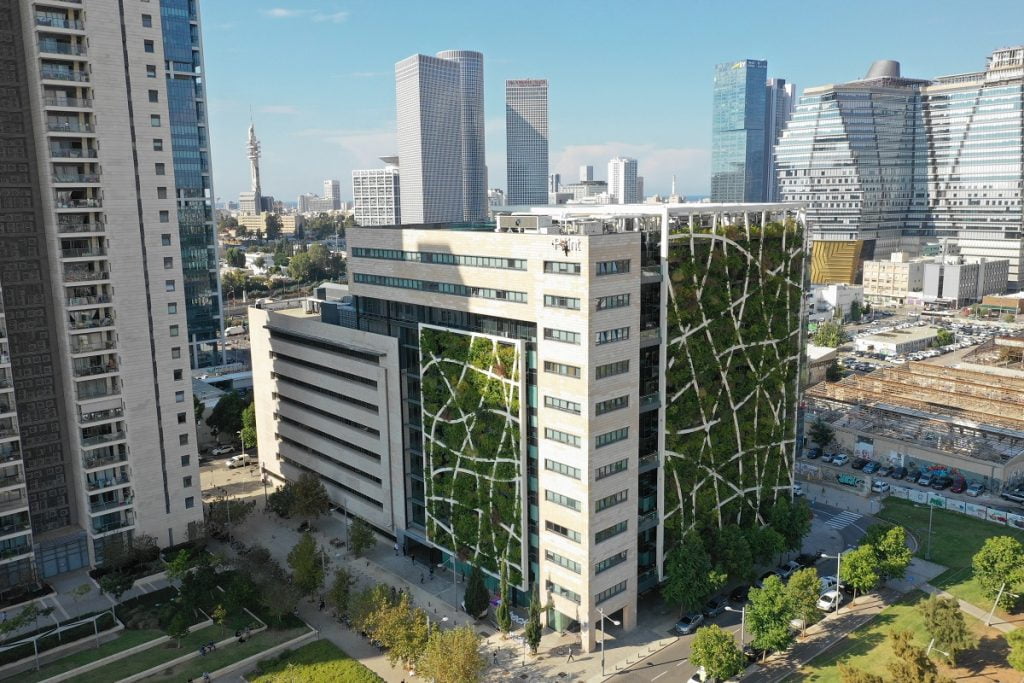A new exhibition opening on Thursday at the Tel Aviv Museum of Art is the first of its kind in the world “to address the issue of climate change from the perspective of cities as tools for instigating change,” a statement from the museum said.
The new exhibition, entitled Solar Guerrilla: Constructive Responses to Climate Change, will feature collaborations with a range of public and private institutions, companies and professionals, as well as 35 case studies from cities such as New York, Chicago, Copenhagen, Shanghai, Singapore, Hong Kong, Masdar, and Tel Aviv.
The exhibit’s focus on local solutions to climate change stems from the concept that “cities can serve as laboratories for experimenting with solutions” and urban communities are “fertile ground” for environmental initiatives.
“This project partakes of the museum’s larger commitment, in parallel to both global and local discourses, to exploring our relationship to the environment through a series of projects in the field of architecture and design, art and craft,” said Tania Coen-Uzzieli, director of the Tel Aviv Museum of Art.
Coen-Uzzieli said the museum is continuing the discourse through both the exhibition and a book, published by Hirmer Publishers. Each contains six sections with titles based on contemporary discourses prevalent in the field of architecture and design, environment and technology, and arts and literature. Each section promotes a different relationship between its respective professional field and the planet.
The sections include:
- 1.5 to 2 degrees Celsius, addressing global warming
- SolarPunk, offering accessible sources of green and renewable energy to urban populations most in need
- Sponge City, cutting-edge, sustainable methods for managing potential floods and using the water to promote urban development; methods for creating potable water in arid areas
- Anti-Smog, strategies designed to reduce, or even eliminate, the emission of polluting gasses that contribute to the creation of smog
- Sunroof, exploiting solar energy as an efficient substitute for fossil fuels
- Passive House, voluntary building standard for energy efficiency in a building, neighborhood, district or entire city, which significantly reduces its ecological footprint.
“Extreme climate events, which are growing increasingly frequent, are among the most urgent concerns currently faced by our world,” said Coen-Uzzieli, “The term ‘climate change’ – which refers to the outcomes of both natural forces and human actions – brings together a wide range of environmental, social, political and economic scenarios that point to the severity and extent of this phenomenon.”
Climate change has been a topic of public discourse since 1896 when Swedish scientist Svante Arrhenius published the first calculation of global warming from human emissions of carbon dioxide as a result of the First Industrial Revolution.
Last year, The Israel Climate Convention brought together scientists, students, and various organizations to discuss plans to combat the rising heat and humidity in Israeli cities.
The exhibition opens July 18 and runs through December 15.
Related posts

Israeli AI Safety Tool Among TIME’S Best Inventions For 2024

TAU Team Discovers Mechanism To Eliminate Cancerous Tumors

Ashdod Port Investing In Startups As Part Of Innovation Strategy




Facebook comments